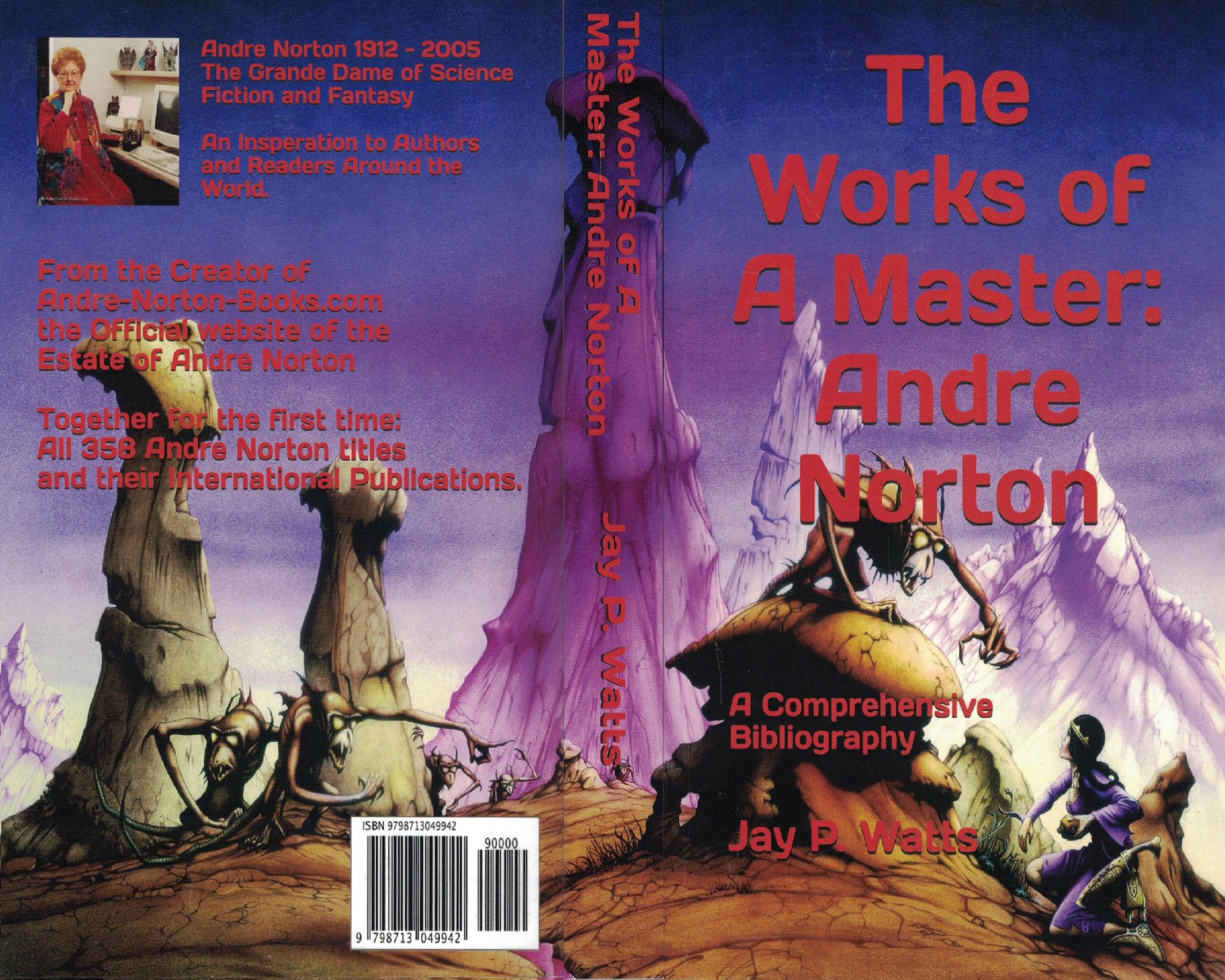Missing the Key in
Andre Norton and Lyn McConchie's
Ciara's Song
by Judith Tarr
March 01, 2022
I have a confession to make. Technically I read the whole book, but in fact I skimmed it really fast. It was a de facto DNF (Did Not Finish). My first of this Reread, and ironically and a bit sadly, almost at the very end of it.
The plot summary on various book sites warned me to expect a long timeline: a family saga, following the lives and adventures of three generations, but centered around the title character, Ciara. There’s nothing wrong with family sagas, and Norton’s solo works have touched on the genre more than once. The Witch World series is a family saga on a grand scale, telling multiple tales of Simon Tregarth and his children and their own families and the realms they live in and rule.
Ciara’s Song happens in the interstices of that saga. Every so often, someone gets a letter or a dispatch that sums up what’s happening in the center of things. Then, sooner or later, Ciara and her family feel the effects of those events: Lord Yvian’s treachery and his aborted marriage to Loyse, Loyse’s escape and marriage to Koris, and so on through the decades from Ciara’s early youth to her old age. Ciara and her family, and then her adoptive family, are aristocrats themselves, and Ciara is part Old Race, but their lives and doings play a very small role in the events of Norton’s solo novels.
This appears to be intentional. Norton wrote an introduction in her inimitable style, giving her blessing to what is essentially a full-length work of fan fiction. The novel itself is only Norton insofar as it is set in one of Norton’s worlds and makes references to Norton’s solo novels.
When fanfic is done well, it is amazing. It sheds light on parts of a world the author, for whatever reason, didn’t portray in that level of detail, or with those particular details. It’s a labor of love, and Norton understood that. She was generous with her worlds and characters and was happy to share.
This novel would have benefited from a thorough structural and line edit. It might have worked better if it had been broken up into several novels, as well, the way Norton did with the Tregarth saga. There is a Lot of story packed into this one volume.
One thing it did for me was deepen my appreciation of Norton’s great gifts in plotting and pacing. She was not a stylist and she was not a master of characterization, but she could construct a plot, and she could keep it moving. She understood what makes a scene work, and she knew how to build each scene upon the ones before.
She had a clear sense of focus in her plotting. Her novels have a distinct progression from beginning to end. There’s a reason each scene exists, and the logic of the scene’s selection is clear. The transitions between scenes are, for the most part, crisp and cogent. She may rush along, especially as the final word limit looms, but she knows where she’s going and how she intends to get there.
Ciara’s Song rambles from scene to scene, and frequently from sentence to sentence within a paragraph. When it attempts to tie in those scenes with events from Norton’s solo novels, the connections often feel forced. McConchie’s characters react to events from the larger world, but because they’re not integrated into Norton’s own canon, they can’t really do anything to change that world.
It doesn’t help that, as ever-helpful commenter Marron4Gateau noted, the chronology is distinctly off. Events in this novel do not match the timing of events in Norton’s series, even while they’re supposedly tied in closely with them. It’s the kind of thing that makes both my editor brain and my writer brain seriously twitch.
Especially since both brains kept bouncing off the prose. As I said, Norton was not a stylist, but she had her own unique voice. Norton’s prose gets the job done. It’s clear, it’s focused, and, as with her plotting, it knows what it’s doing and where it’s going.
These things are not happening with the prose in this novel. Both the writing and the plotting are not up to the standard Norton set. As far as I can tell, the only thing she contributed to the book, aside from the world itself, is the introduction.
I am still going to give The Key of the Keplian the old college try. It’s much loved according to reader reviews on that big river site, which is encouraging. So is the fact that McConchie clearly loved animals. Some of her best writing happens in and around the scenes with animal companions. From my personal point of view, I appreciate that, while Norton was not a horse person, McConchie’s horses come from a place of knowledge and love. So maybe…
We’ll see. That will be the last novel of this Reread, and a long, grand journey it’s been.


